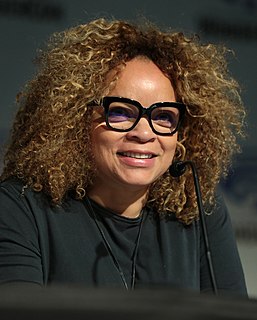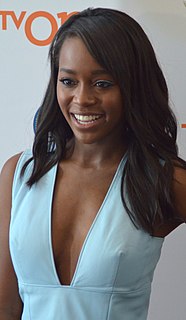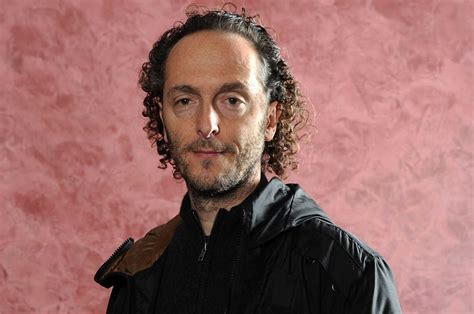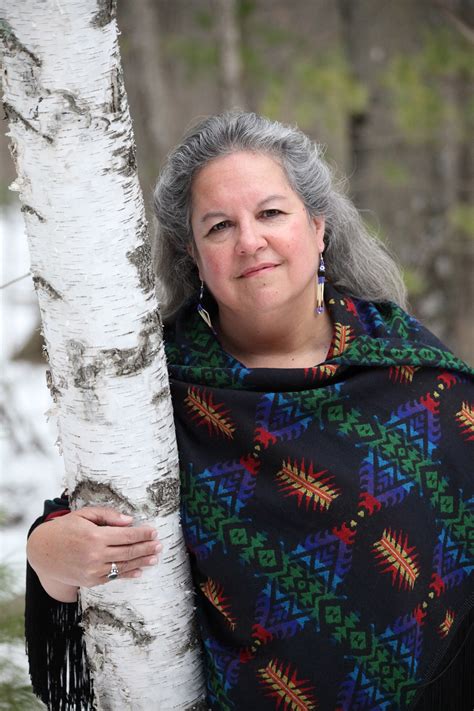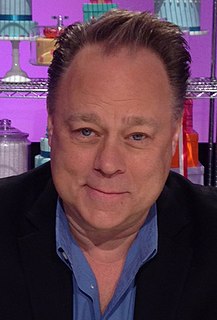A Quote by Darren Aronofsky
Every film had its own grammar. And it's your job as a director to basically figure out a language to tell a story.
Related Quotes
The thing about acting is even if you get technically more skilled at what you do, every time you begin a film or a play you're terrified. You don't know if you're going to pull it off. Every film and every story has its own set of challenges. I've never felt like, oh yeah, that's it, nailed it! You can never sit and rest. That's why it's such an exciting job. It's beginning again every time you begin again. New story, new character, new place, new time, new director. It's like moving to a different planet and trying to figure out how to live there.
My favorite part about costume designing is the artistry of the job. You meet with a director and a visionary to discuss ideas. You research the characters and figure out the components of their look through your own vision. You create a color palette for a film, television or stage medium and discuss it with the director of photography who then lights your colored subjects.
In this day and age, when there are so many people creating work online and writing their own shows, I wouldn't tell another actor, 'If you can do anything else go do that.' I would tell them to figure out the story they want to tell, to figure out what artists inspire you and why, and then figure out a way you can create that for yourself.
The only way I know as a director is to figure out what the film is about. And out of the theme and the sense of what the film is about, all those decisions start to make sense. But to find that truth within it, you have to limit your possibilities and limit your choices. That's where this visual language grows out of.
What if you were a teacher but had no voice to speak your knowledge? What if you had no language at all and yet there was something you needed to say? Wouldn't you dance it? Wouldn't you act it out? Wouldn't your every movement tell the story? In time you would be so eloquent that just to gaze upon you would reveal it all. And so it is with these silent green lives.
I wanted to be a director first to protect my writing. I'm a playwright and you don't need to protect your writing when you're in the theater because everyone's there to protect the writing. When I had an idea for a film that I really cared about as my own, I wanted to direct it, and then I immediately became interested in directing in and of itself because it's such a deep art. You suddenly have all these tools at your disposal to tell the story.
By a generative grammar I mean simply a system of rules that in some explicit and well-defined way assigns structural descriptions to sentences. Obviously, every speaker of a language has mastered and internalized a generative grammar that expresses his knowledge of his language. This is not to say that he is aware of the rules of the grammar or even that he can become aware of them, or that his statements about his intuitive knowledge of the language are necessarily accurate.



